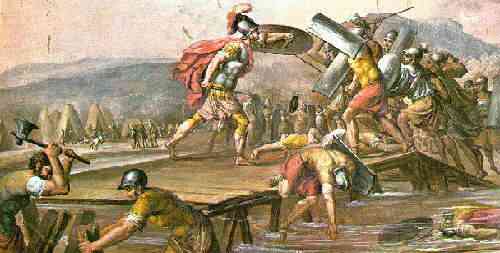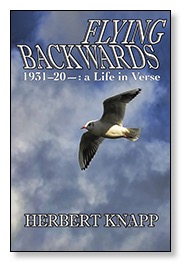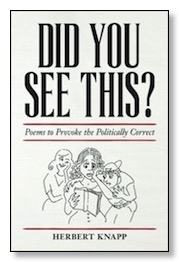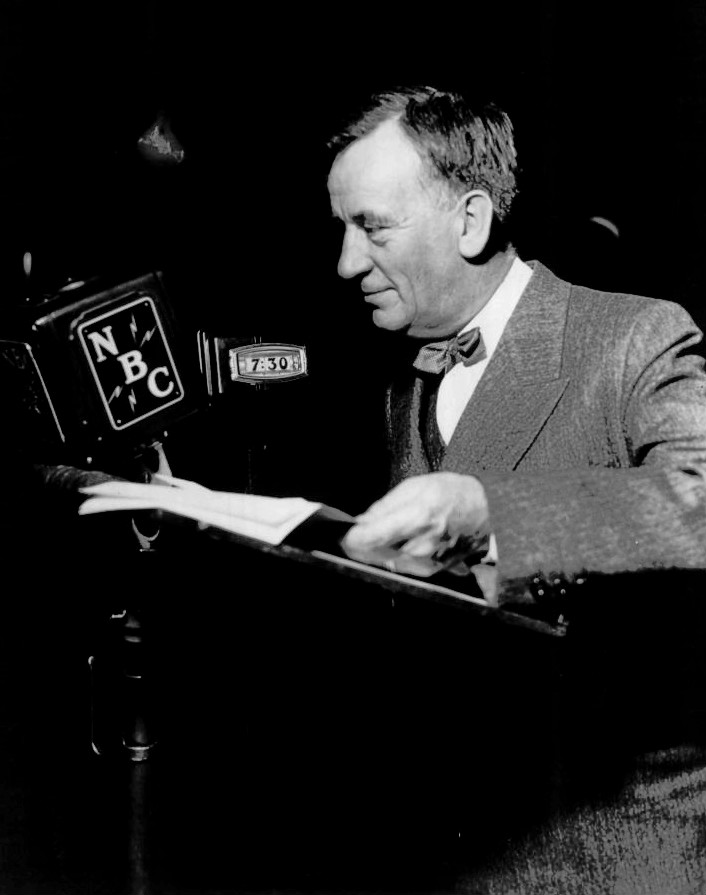Poem about a visit to an Apple Store

Extra, Extra, Read All About it! Apple to unveil its new line of smartphones.September 12.The new phones are expected to be larger and pricier The new top tier iPhone will cost $999, which is about $300 more than the current top tier phone.I don’t care how other people spend their money. Actually, I’m glad they have it to spend. But where do all these people come from who are willing and able to pay a thousand dollars for a phone? The economy has only recently begun to recover from the doldrums of the last eight years. I’m not being snarky. It’s just that I can’t imagine myself spending that much money on a phone no matter how many tricks it can do. Well, I’m not a techie nor do I want to be. I grew up in another era.
PURSUED BY NO ONE
Shopping at an Apple store,
I got looks I’ve got before
and realized I’d been consigned
to former times when poems rhymed
and you would find on every drugstore rack
a paperback anthology of verse,
along with Nana, Topper, Bamboo Blonde,
and The Mummy’s Curse.
Presidents led us in prayer,
Kipling was quoted in bars.
Underwear was under wear and there
were running boards on cars.
No one sported decals of his college.
People weren’t so classified.
We expected more from life than knowledge,
sorted, cut, and dried.
No seat belts then, no gun-free zones.
And no one wore a helmet on a bike.
But little girls kept memory books
where little friends wrote little verses like:
“A little health, a little wealth,
A little house and freedom,
A few good friends for certain ends,
And little use to need ‘em.”
Go back? Oh, no. The poor were really poor,
not like today,
and there were fewer possibilities
for work or play.
People died of scarlet fever.
Aspirin was our only pill.
And after forty everyone
was over the hill.
Technology has improved my health
but impaired my vision,
has increased my wealth
but sunk me in “a stupor of precision.”
So, I, pursued by no one
but remembering those looks,
have closed the door
and taken refuge in old books
defaced by doodles, dogears, coffee stains.
and runes no one can digitize.
They link me to another world
that I alone can realize.
What Happened to Poetry—Part Three
It’s natural to think the reason nobody cares about poetry anymore is that poets have stopped writing good poems. But the quality of a poem is one thing; the status of poetry in our culture is another. It’s the latter that I’m writing about.
I’m not arguing for a billiard ball cause and effect here, but for a shift in the climate of opinion about poetry. My argument is vague, my conclusions are vague. In my defense I refer you to C.S. Peirce, the American philosopher, who warned us not “to give vagueness the go-by.”
The poet, Karl Shapiro, said, “There can be no refined art without popular art, even bad popular art.” I agree if by “popular” we mean “amateur” or “minor league” and not “popular professional entertainer.” I am told there are thousands of amateur poets writing today. But their work goes unread. They exist in nooks and crannies where they write about their feelings. This was not always so. Within living memory, amateur poets had a honorable place in the literary landscape, and while they did, the cultural prestige of literary poetry was high.
What happened? After WW2 millions of men and women became the first members of their families to go to college. And just as the newly rich are insecure and tend to be snootier than people with old money, the newly educated—in the humanities, at least—tend to be insecure about their taste. This insecurity made us susceptible to the arguments of T.S. Eliot and his ilk who wanted to draw a distinction between “verse” and “poetry,” the latter being more refined and difficult. Eliot seems to have expected this distinction to burnish the status of poetry. Instead, it helped erode poetry’s cultural foundation. Sneering at “verse” became an easy way to advertise one’s cultural superiority. However, snobbery wasn’t the only thing that led to the decline of verse. Public education played its part, and the general rebellion against the bourgeois virtues made it chic to simper at amateur verse which, in its heyday, was optimistic, sentimental, patriotic, and moralistic.
Edgar Guest was a bourgeoise moralist and proud of it. He went to work for The Detroit Free Press as a copy boy, became a police reporter, and then talked his editor into making him the paper’s verse columnist. (Verse columnist!) Soon his verse was syndicated in 300 papers, and he had a regular radio show. In 1951 he had an NBC television series. The poetry establishment recoiled in horror. His middle class optimism was so “common.” World-weary sophisticates rolled their eyes at the popularity of lines like, “He started to sing as he tackled the thing, / That couldn't be done and he did it.” Guest’s most famous line is probably, “It takes a heap a livin’ in a house t’ make it home,” often simplified to “It takes a heap of livin’ t’ make a house a home.”
A true observation, memorably expressed. Not as elegant as Eliot’s “Midwinter spring is its own season / Sempiternal though sodden towards sundown . . .” which is also memorable since I remember it, but as Eliot in his solemn way has pointed out: “there is a time for building / And a time for living / and for generation / And a time for the wind to break the loosened pane.”
There is also a time for Edgar A. Guest, James Witcomb Riley, and for Thomas Babbington Macaulay who was once famous for the story of “How well Horatius kept the bridge / In the brave old days of old.”

What I no longer have time for is the snark of the unhappy Dorothy Parker who quipped, “I would rather flunk my Wassermann test than read a poem by Edgar Guest.” I don’t know how much this attitude on the part of those who consider themselves sophisticates towards those they consider deplorables has contributed to poetry’s current desuetude, but it certainly hasn’t helped.
Czeslaw Milosz has suggested that the contemporary artistic establishment is so proud of having ceased to persecute artists for being unintelligible that it finds certain types of simplicity unintelligible.
Next I will take up the poetry of soldiers and after that the playground verse of children.



